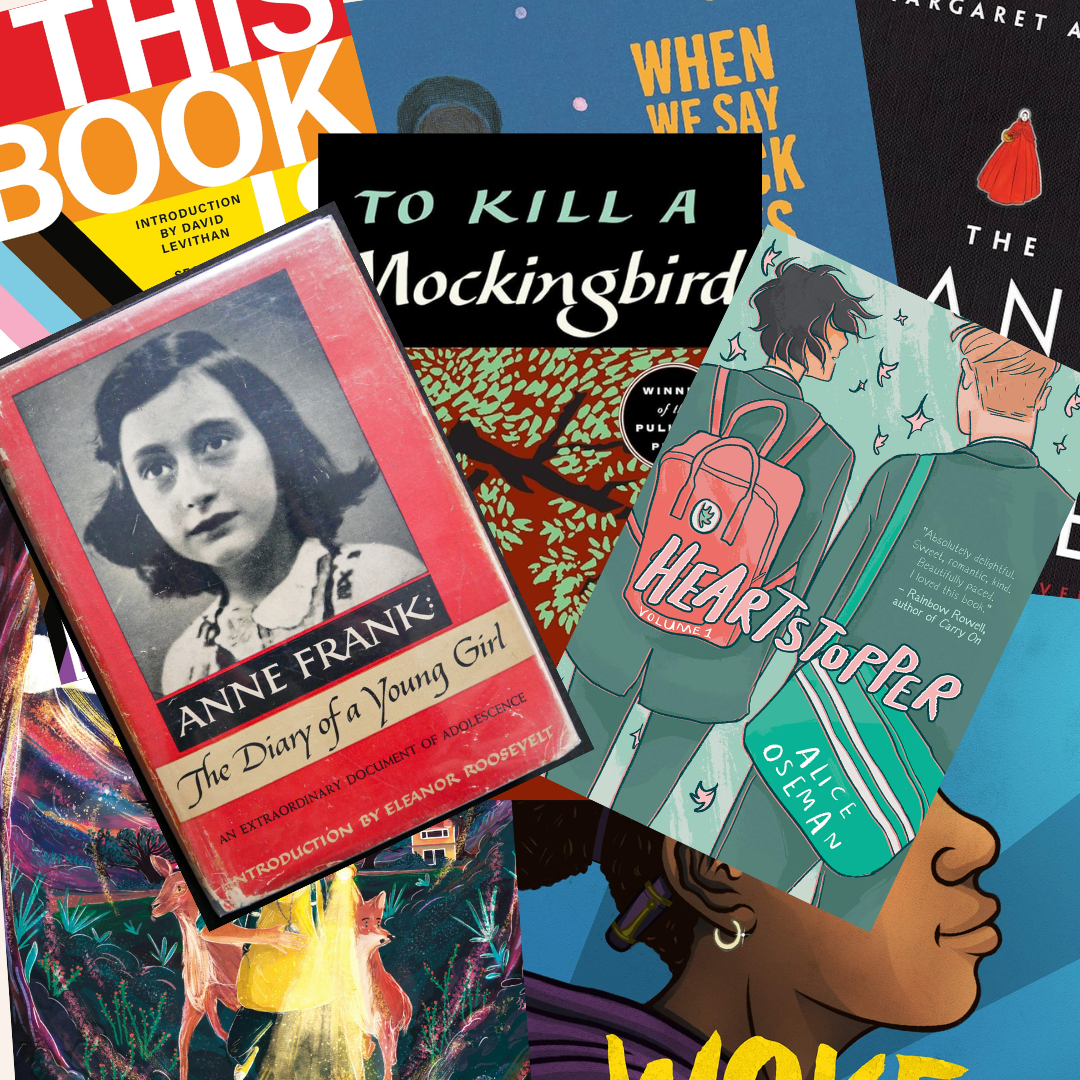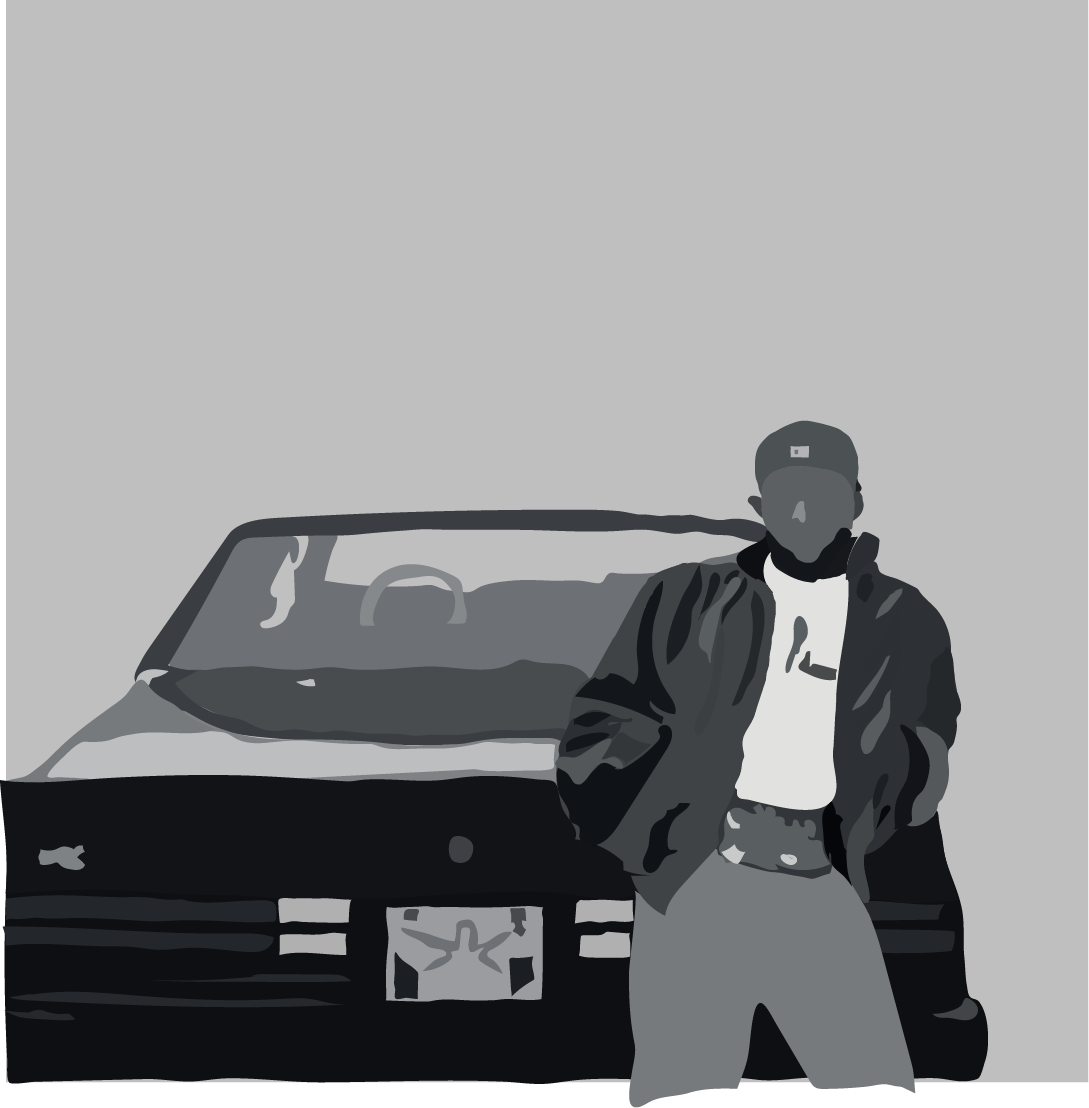The defeat of fascism in Germany did not mean the defeat of racism at home when American soldiers returned home from World War II. This is the background is emphasized during “42,” a story documenting a brief interim of Jackie Robinson’s baseball career. It starts off with a bang, gains high altitude, but ultimately falls short and drops pathetically to the ground. While the movie may not complete its run, it makes a clean sweep right into the hearts of viewers.
Most will remember Robinson as the first African American baseball player on the Brooklyn Dodgers and in Major League baseball, but the film carefully begins in Kansas City in 1945, where Robinson began playing in the Negro Leagues. The film quickly introduces new characters and progresses through Robinson’s season with the Montreal Royals and arrival in them Major Leagues. The movie only documents the beginning of his career with the Dodgers, yet this story does not go without showing the prominent racism that had to be faced from both blacks and whites.
The film begins by showing clips demonstrating that while fascism was defeated across the Atlantic by 1945, racism was a still a challenge at home. This background gives way to the film’s underlying focus on the prejudice plaguing American life, but some other important aspects were left out. Robinson’s childhood, football, and military influences weren’t included in the film, to my dissapointment. Additionally, the span of the movie only stretched to Robinson’s first season with the Dodgers and even ended before the team went to the World Series.
The story was extremely predictable because it was based in such a short time from. I found myself able to identify which pitches he would hit and which fortunes (or misfortunes) would arise. This is to some degree acceptable because the movie shows a true story that cannot be fabricated. However, I was unaware of the film’s climax when it occurred, making it fall short of expectations.
The characters in the film had depth and were and expertly played by the cast. Ben Chapman, played by Alan Tudyk, was a perfect representation of racist America who tried to intimidate Robinson and shouted slurs at him. He was contradicted by Branch Ricky, played by Harrison Ford, who was a charming baseball executive that decided to bring Robinson into the league. Visual elements complemented Chapman and Ricky’s contrast. For instance, in one scene Ricky sat on the brighter side of the room (represented freedom from prejudice) while Chapman sat on the darker side. Robinson’s vigilant character was played breathtakingly by Chadwick Boseman.
“42” did more than a sufficient job of displaying the struggle between the races at the beginning of the black Civil Rights Movement. Throughout the film, resistance to racism was emphasized as silent protest, and staying silent remained an uphill battle to Robinson. “I want a player with the guts not to fight back,” Ricky said at a point on the film.
The film became momentous when Robinson triumphed over his tendencies to “fight back” and the antagonists that identified him as second-class. Such opposers included masses of his own teammates and Ben Chapman himself. Anger and sympathy were easily aroused among the audience in scenes where Robinson was deliberately injured by players, intimidated with slurs, and threatened by White Supremacist mobs. It came slowly, but eventually a brotherhood was formed between Robinson and teammates around him as a cry out against racism. Although the film ended abruptly, this is truly where the film concluded.
All considered, I give this film a B+ for its incomplete chronology of Robinson’s life yet successful portrayal of his long-lasting effects on the sports and American life.






![Reaching out. Christopher Lesh, student at Central Catholic High School, serves ice cream during the event on March 2, 2025, at the Portland waterfront. Central Catholic was just one of the schools that sent student volunteers out to cook, prepare, dish, and serve food. Interact club’s co-president Rachel Gerber, junior, plated the food during the event. “I like how direct the contact is,” Gerber said. “You’re there [and] you’re just doing something good. It’s simple, it’s easy, you can feel good about it.”](https://wlhsnow.com/wp-content/uploads/2025/03/interact-1-edited-1200x744.jpg)




















































![At the bottom of the third inning, the Lions are still scoreless. Rowe stands at home plate, preparing to bat, while Vandenbrink stands off to the side as the next batter up. Despite having the bases loaded, the team was unable to score any runs. “It’s just the beginning of the season. We’re just going to be playing out best by June, [and] that’s where champions are,” Rowe said.](https://wlhsnow.com/wp-content/uploads/2024/03/IMG_3077-1200x900.jpg)


















































